How the coronavirus pandemic might change the car business for good
Consolidation among marques could be one outcome of the pandemic.
The Great Recession nearly brought the automotive industry to its knees. A decade later, carmakers are reckoning with a new threat: the novel coronavirus, an unforeseen force that has halted production, disrupted sales and caused financial pain to an industry that was able to bounce back from its nadir in 2008.
The majority of automakers are better positioned to withstand the economic headwinds this time around, according to Jeff Schuster, president of LMC Automotive's Americas operations and global vehicle forecasts division.
"It's more challenging the smaller you are and the fewer resources you have," he told ABC News. "The exposure to European markets is a risk right now. The declines were deeper in Europe and there is no real recovery path yet."
He pointed to two brands that have a heavy exposure to Europe: Jaguar Land Rover, the largest automaker in the U.K., and Aston Martin, the British luxury sports car maker. Both marques were burning through cash before the pandemic shut down factories and forced the industry to come to a screeching halt.
Aston Martin, which is still expected to deliver orders of its first-ever DBX SUV this summer, reported a first-quarter loss of $146 million after sales fell by nearly one-third. The company's revenues dropped 9% in 2019, pressuring executives to seek additional equity financing including a $663 million capital injection from investors and its new chairman, Canadian billionaire Lawrence Stroll.
Company executives said the business is being "reset" this year and a full-year outlook will no longer be provided because of the "uncertainty surrounding the duration and impact of the COVID-19 pandemic on the global economy." Aston Martin on Tuesday replaced Andy Palmer, who was named CEO in 2014, with Tobias Moers, the chief executive of Mercedes-AMG.
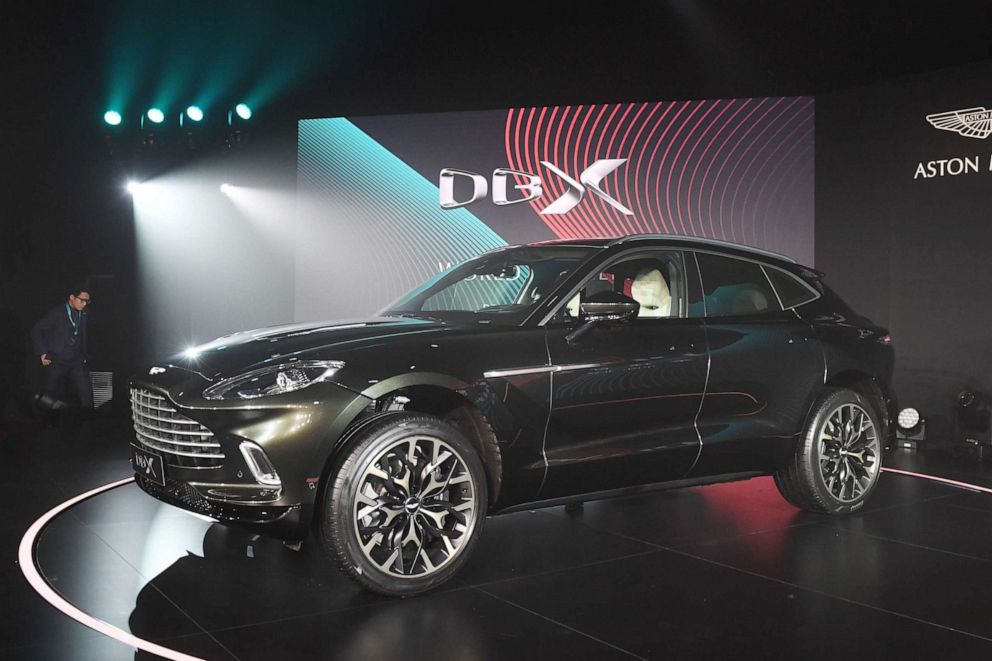
Jaguar Land Rover, which is owned by India's Tata Motors, is reportedly in talks to borrow more than $1.2 billion through the U.K.’s emergency coronavirus lending program, according to Bloomberg. The carmaker launched a restructuring plan last year to reduce costs and improve cash flow.
Michelle Krebs, a Detroit-based executive analyst for Autotrader Group, said Japanese carmaker Nissan Motor Co. was already in a "tough situation" and could possibly close plants in the wake of plunging sales. Nissan posted dismal earnings results in February, with the fourth-quarter of 2019 marking the company's first quarterly loss in 11 years.
"We have not announced any changes to our production plans for North America," a spokesperson for Nissan told ABC News.
According to Krebs, "If an automaker went into the pandemic in a weak situation, it will be difficult to survive or crawl your way out of it."
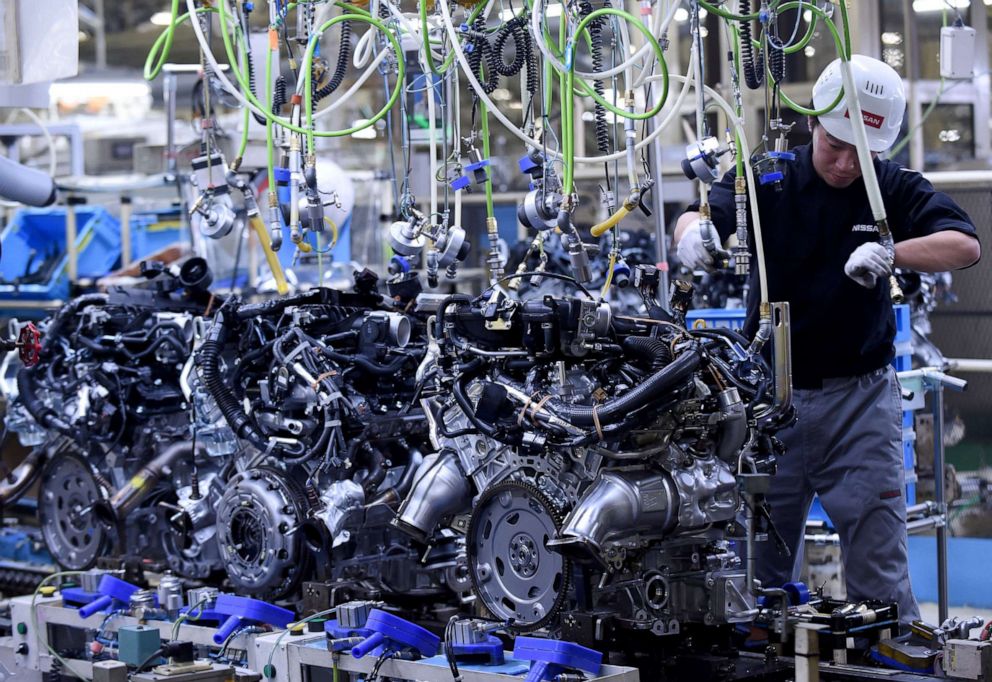
The Japanese government will likely bail out its hurting carmakers, she said, but U.S. carmakers should not expect the same treatment from the Trump administration.
"There will be no bailouts for General Motors or Ford -- they have lots of cash," she said. After the financial crisis "they immediately started reserving cash and taping into credit lines," she noted.
Also, unlike now, "automakers kept building cars during the Great Recession," she pointed out. "Never, ever did the biggest car plants in the world shut down at the same time."
Several members of Michigan's congressional delegation, including Reps. Debbie Dingell and Fred Upton, are mobilizing bipartisan support on Capitol Hill for an aid package that would bolster the auto industry if the sales slowdown persists. The lawmakers circulated a draft letter, reported by The Washington Post, that says in part, "Liquidity is challenging, particularly for suppliers, and it will be necessary to support demand for some time to ensure a meaningful recovery. In some regards, challenges the industry face exceed those of the 2008 financial meltdown."
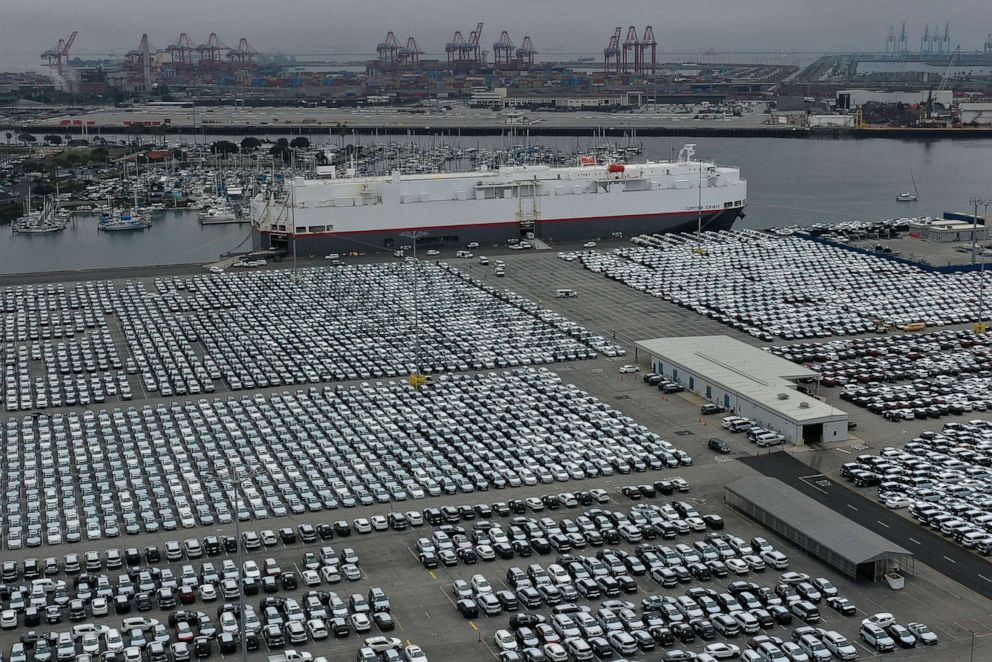
GM said it earned $294 million for the first quarter though state lockdowns and factory shutdowns will reduce future earnings. Ford Motor Co. posted a $2 billion net loss between January and March that it chalked up to the coronavirus, and projects a record net loss of $5 billion in the current quarter.
"We believe that we’re positioned well to manage through this because we’ve taken swift actions to preserve liquidity,” GM chief financial officer Dhivya Suryadevara told reporters in early May.
U.S. auto sales plummeted 47% in April from a year ago. Krebs and Schuster agree that April was likely the bottom and sales will gradually pick up as incentives on new vehicles continue. Zero finance deals surged to an all-time record high in April, according to online car shopping guide Edmunds, with 25.8% of purchases financed at 0% compared to 4.7% in March and 3.6% in February. Automakers are also extending finance terms to 84 months and delaying first payments for up to 90 days.
"These incentives have been a lifeline for automakers," Jessica Caldwell, Edmunds' executive director of insights, told ABC News. "They won't end anytime soon but the incentives will taper off as the year goes on."
Caldwell was predicting new car sales of 16.9 million units before the pandemic struck. That number is in flux now, she said, adding that automakers, especially GM and Ford, could eek out small gains.
"Sales have been quite strong for a couple of years which has been helpful for automakers to retain a level of profitability," she said.
Schuster said robust sales of pickup trucks and the positive response to incentives convinced him to revise his yearly sales target to 13.3 million units versus 12.9 million. His original forecast for sales was 16.8 million.
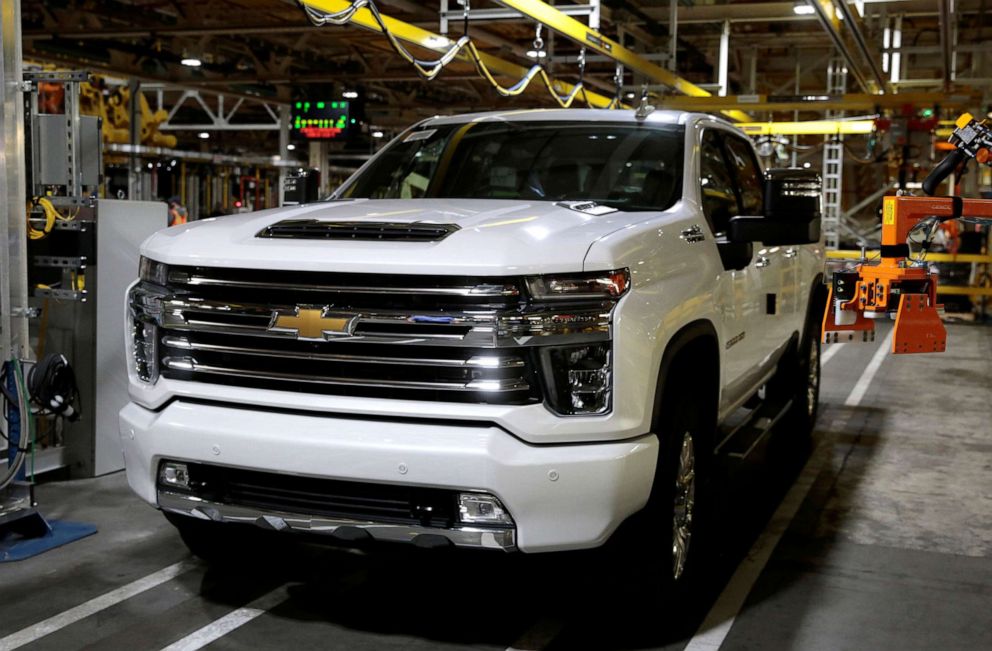
"It's hard to think of any month being worse than April," he said. "I feel more positive about the industry than even a week ago, even a month ago."
He added, "The industry as a whole is pretty liquid and can survive most things until the end of the year."
Eddie Alterman, chief brand officer for Hearst Autos, said consolidation among marques could be one outcome of the pandemic. He also suspects some Americans who rely on ride-sharing companies like Uber and Lyft to get around may decide to forgo these services for a new vehicle, a potential "conquest" for struggling manufacturers. Chinese automakers like Geely may also look to add to their growing portfolios, he noted.
"You'll see more collaboration as costs of hardware rise -- especially in the electric vehicle realm -- and all kinds of strategic alliances," he told ABC News. "The industry is at an inflection point."
Automakers across the world have reopened factories this month, though not at full production. Bentley Motors said production resumed at 50% capacity and will ramp up in phases as part of the British company's "Come Back Stronger" program that includes 250 wide-ranging hygiene and social distancing guidelines. Rolls-Royce, the 114-year-old maker of six-figure SUVs and ultra-lux sedans, has also brought its workforce back online but is operating at one shift a day, not two.
"In parallel with every luxury manufacturer around the world, our order bank was severely impacted in the initial stages of the pandemic," Rolls-Royce CEO Torsten Müller-Ötvös told ABC News by email. "However, I can confirm that we are receiving new orders from customers, including those in countries that have already passed the COVID-19 peak."
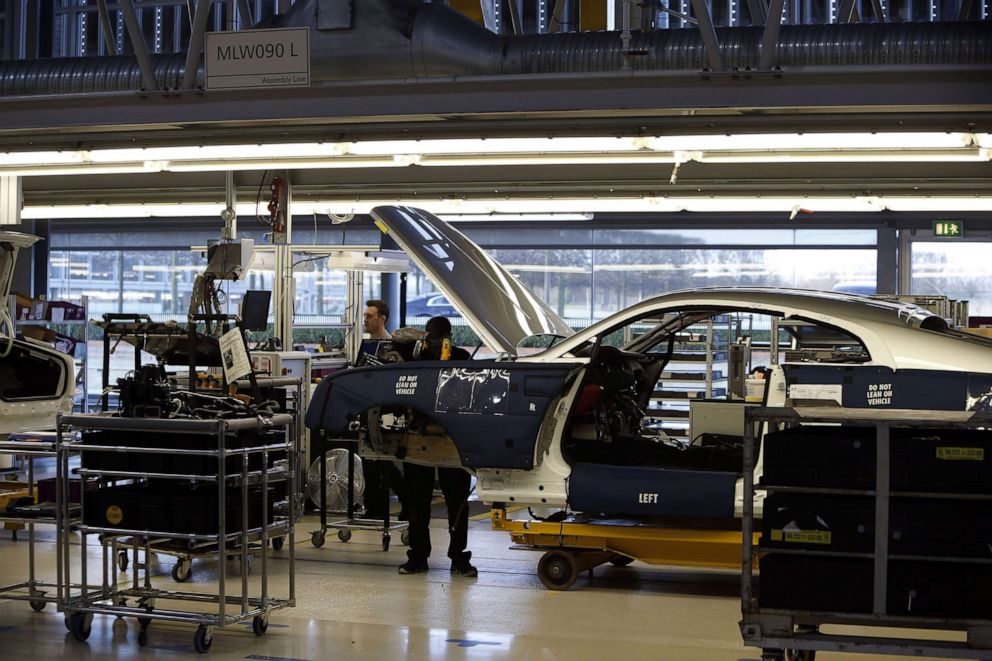
Italian sports car maker Ferrari slashed its 2020 core earnings forecast and extended its wait list for cars to 12 months or longer.
“The second quarter will be very weak,” CEO Louis Camilleri conceded to analysts in early May.
The company still anticipates a profit of more than $1 billion this year.
Krebs said automakers will ultimately have to make tough calls on where to invest now that revenue has dried up and demand for new vehicles could abate if the economy worsens.
"The pandemic will have permanent changes on the industry," she said.




